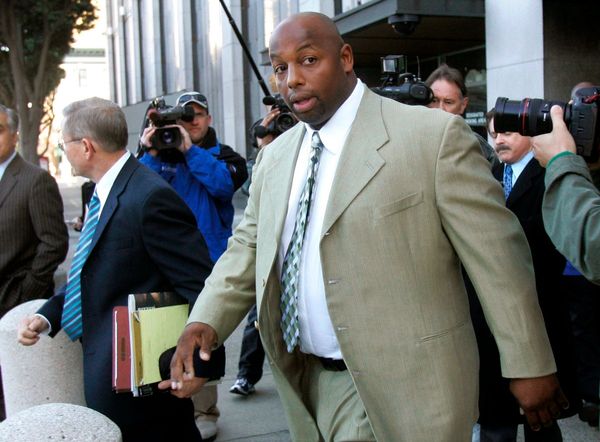
After the term "quiet quitting" went viral in the summer of 2022, an explosion of ways to describe different workplace problems started circulating online.
Even though terms such as "resenteeism" and "rage-applying" started growing among the workers, employers have also been known to "quiet hire" and "quiet fire."
DON'T MISS: Another Workplace Trend Is Making Employers Even Angrier
While the former refers to avoiding a hire by over-relying on freelancers or giving current workers extra work, quiet firing happens when employers want to push a worker out without explicitly firing them.

What is Quiet Firing?
Instead, some workers have reported being presented with conditions that slowly pushed them to quit — this can be as simple as not prioritizing an employee for advancement or, in the most extreme examples, exaggerating their mistakes or sabotaging their work.
"Quiet firing happens when managers fail to adequately provide clear expectations, feedback, support, career development, and recognition for an employee in a way that makes them feel ignored and pushes them out of an organization," Ben Wigert, who heads research and workplace management at Gallup, told Insider for a feature on the subject.
Whether called "quiet firing" or not, lack of employer support and guidance for advancement is one of the most common reasons employees leave an organization — one Gallup survey found that only 22% of office workers strongly believe that their managers continually talk to them about work goals and priorities. By contrast, 37% of managers feel they do so.
To identify if one is being "quiet fired," one needs to look closely at how one's manager communicates — while Gallup numbers show that many employers fail to properly communicate goals to all their workers, one of the clearest signs of "quiet firing" is a long absence of raises or job advancement.
Quiet Firing Can Be Discreet
In more extreme instances, managers may actively leave out workers from specific opportunities that would give one a chance to be noticed by upper management.
"This would most typically be done in a passive aggressive way where they're showing the person either that they don't fit or they're not going to progress in the company and lead them instead to decide whether they want to continue on that path," Wigert told Insider.
Other signs can be more subtle and include everything from being more strict on performance (by noticing and criticizing things that were not important before) to making work conditions difficult.
According to Gallup's experts, companies sometimes insist on returning to the office or cut certain benefits like 401(k) contributions in order to see which employees fall off on their own — when companies hit upon tough economic times, this can be a way to naturally "shed" some employees without having to do widescale layoffs.
Amid a looming recession, this is a very real situation since numbers from tracking website Layoffs.fyi shows that the tech industry alone has cut more than 200,000 jobs since the start of 2023.
But while "quiet firing" may seem like a way to avoid difficult conversations and bad publicity, employment experts advise against it as it demoralizes both the worker and those who remain.
"Quiet firing an employee may seem like a convenient way to avoid a hard conversation, but ultimately, it affects team morale," Wigert wrote in an earlier post. "The quiet quitter being quiet fired becomes a silent example of what's acceptable from both the employee and manager."







